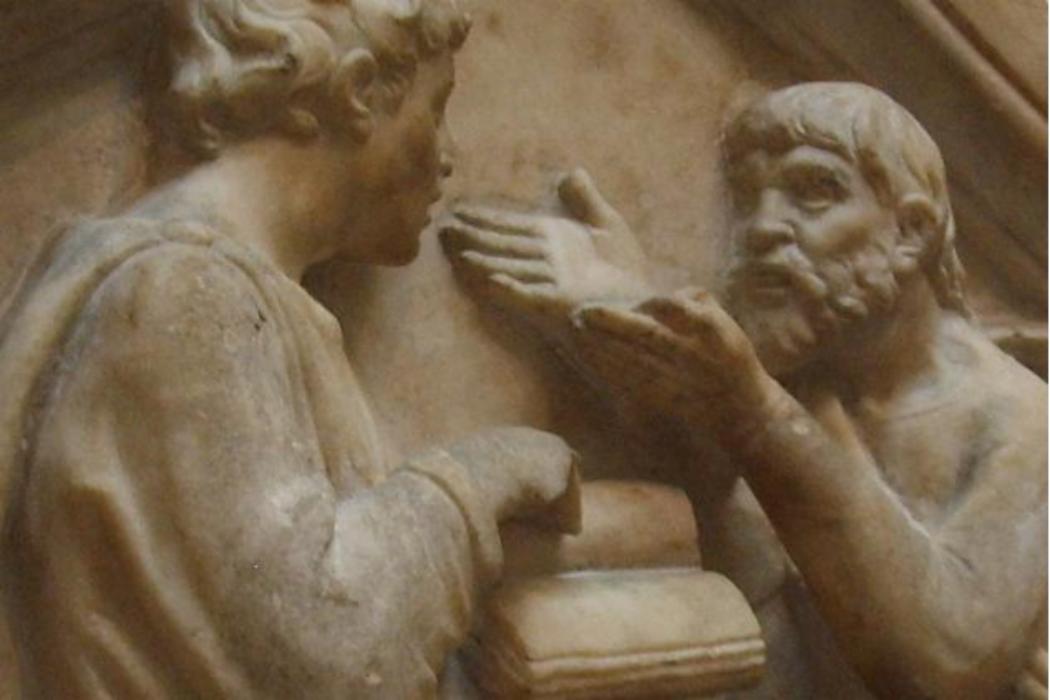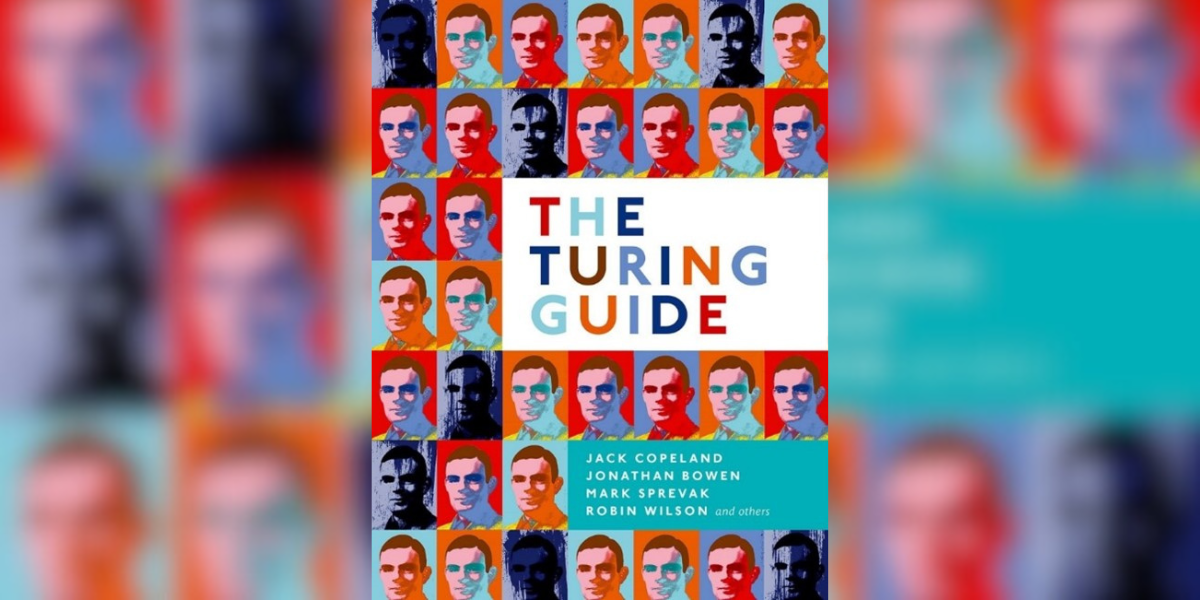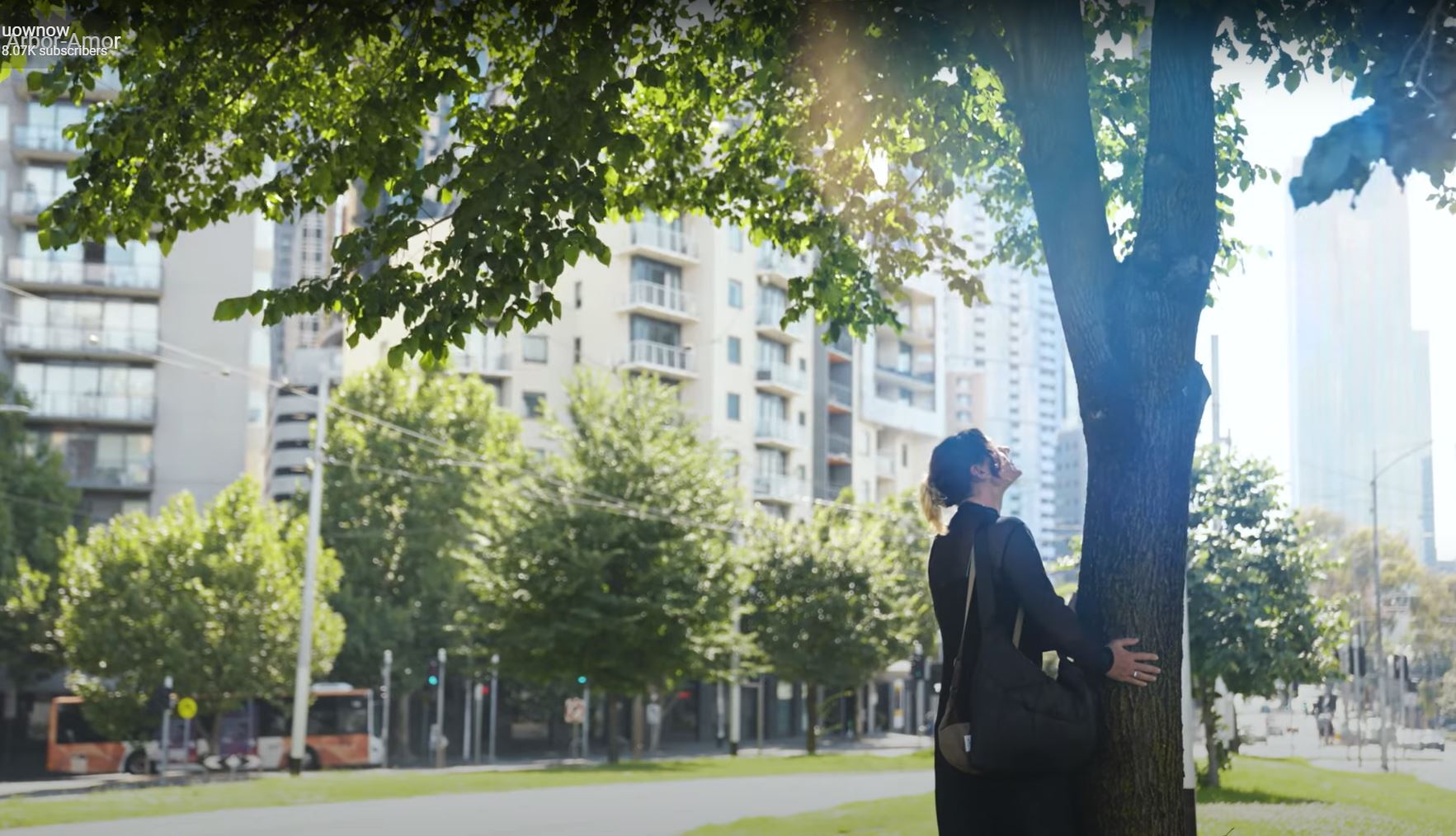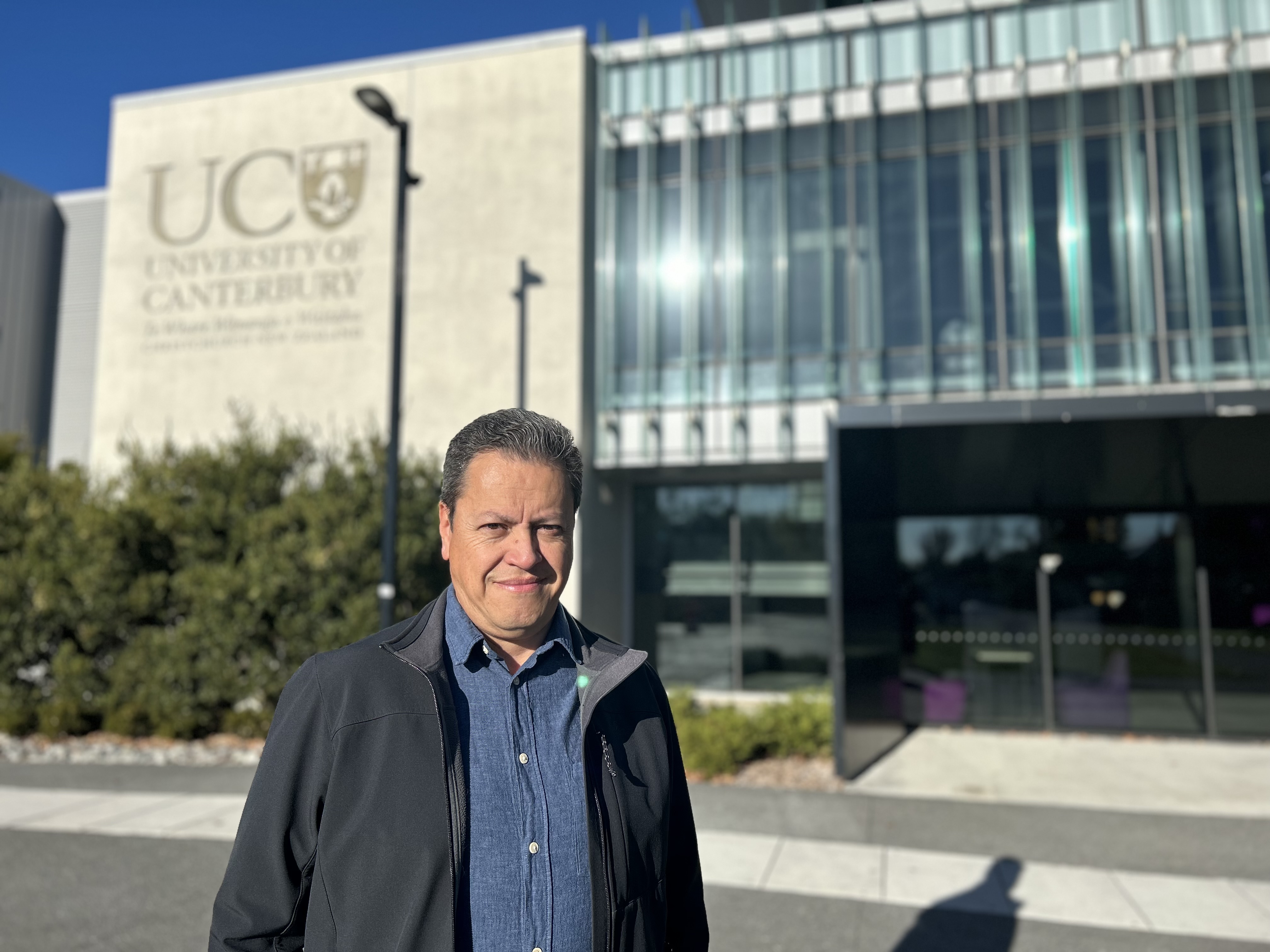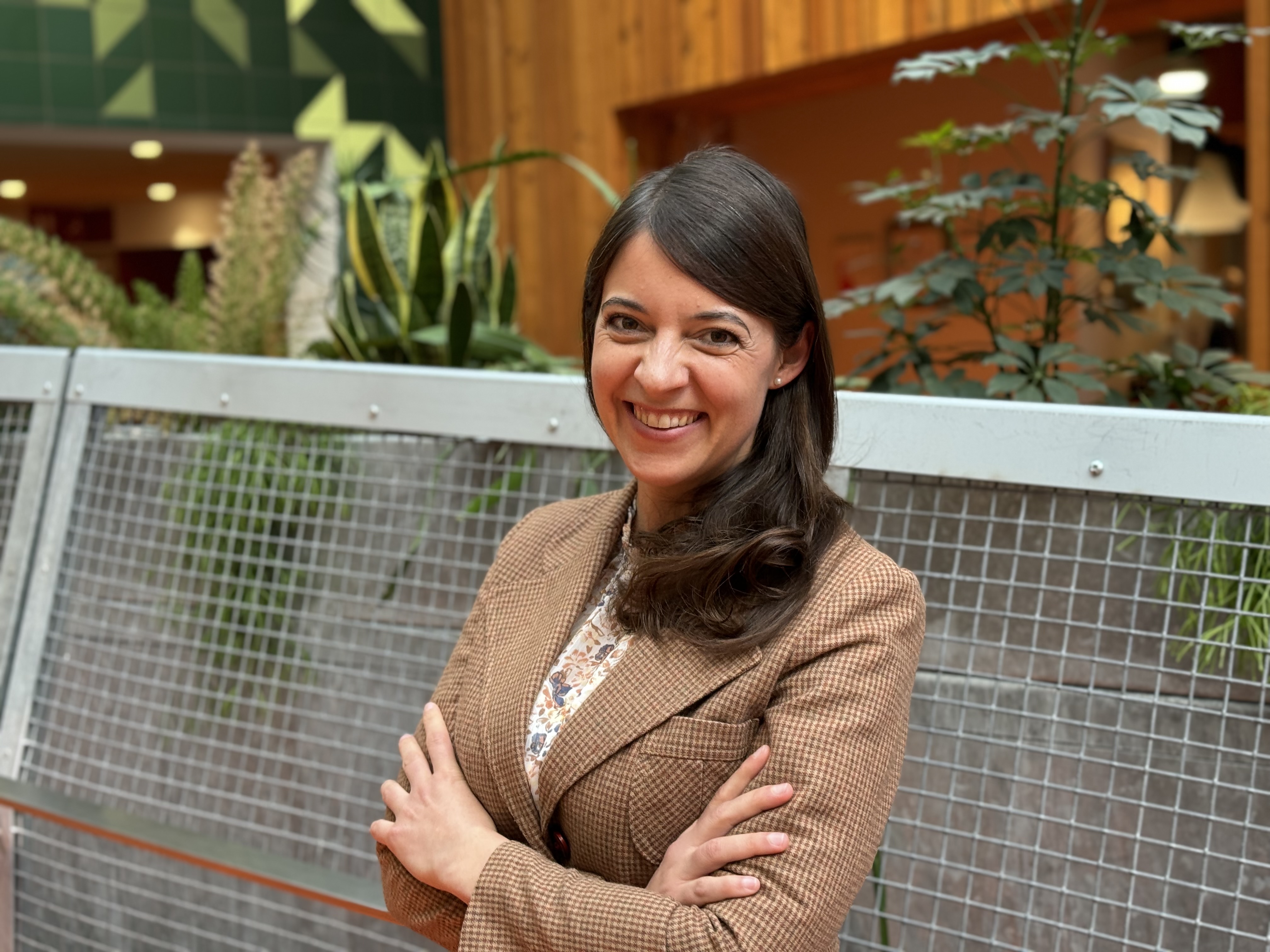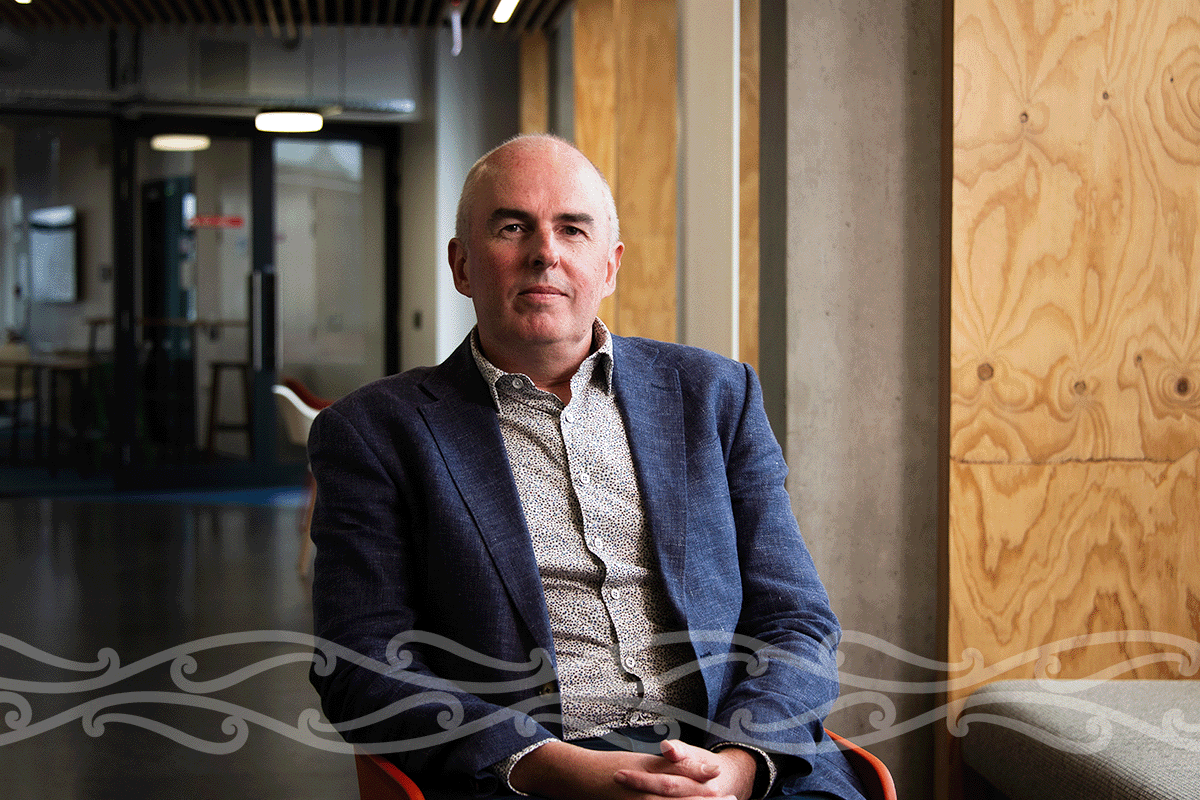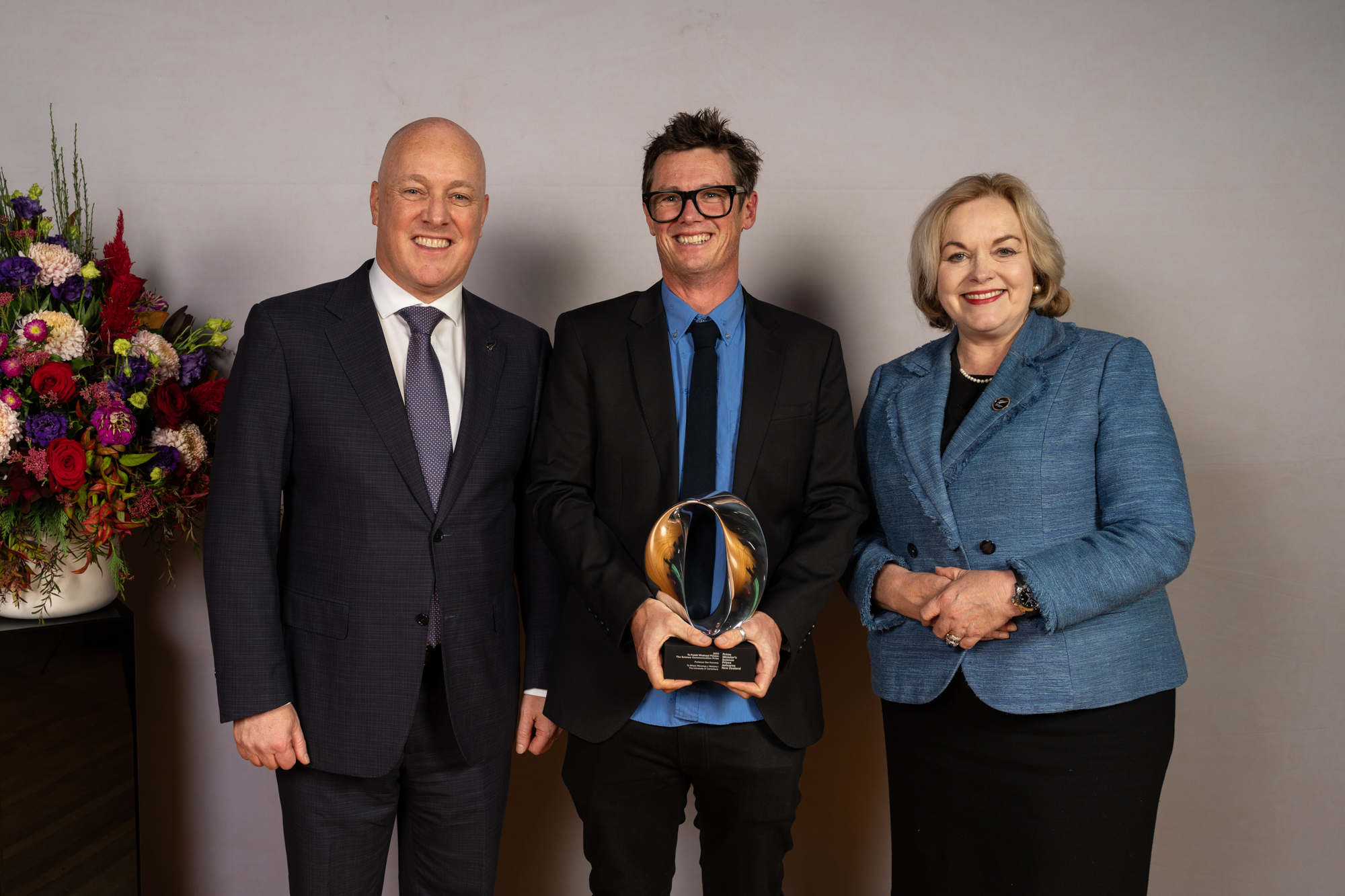Plato and Aristotle, detail of a Luca Della Robbia sculpture. Wikimedia Commons
“Trumpians seemed to insist that fake news was something new, but they’re wrong. Long, long ago - 26 centuries ago in fact - Plato and Thucydides were convinced that the democracy was being fed a false way of seeing the world, that the intellectuals and teachers were duping the people.”
Like Trump, the two Greeks were outraged, however their contempt was directed at “the decline and failure of their democracy”, rather than potential damage to their own personal brand.
“Trump blamed the media and the university-educated elites and the deep state. Thucydides identified the culprits as Homer, the Sophists and a bad education,” Associate Professor Field says.
While the consequences of Trump’s presidency continue to be debated, the ancient Greeks paved the way to an outcome that still frames and influences our thinking today.
“Plato and Thucydides were desperate to replace the myths of Homer, the ‘fake news’ of ancient times. Their replacement was science, a science applied to city and people. We call that social science.
“Athens seems to me to be the one place in the world where one can sit among the ruins and feel not the end but the beginning of something. That something is a remarkable Western tradition of humanism.”
The American Humanist Association defines humanism as “a progressive philosophy of life that, without theism or other supernatural beliefs, affirms our ability and responsibility to lead ethical lives of personal fulfilment that aspire to the greater good”. This is not what springs to mind when we think of the recent former American president.
Associate Professor Peter Field presents a free public talk: Fake news in ancient times: Thucydides, Plato and the expense of truth at the UC Teece Museum, on 25 February at 7pm. Entry is free, but registration is essential. Go to Fake news in ancient times: Thucydides, Plato and the expense of truth | University of Canterbury. The Teece Museum is at the UC Arts City Campus, 3 Hereford St.
This talk is part of the UC Teece Museum’s 2021 series of free short-format public talks. Sign up to the newsletter here www.teecemuseum.nz
